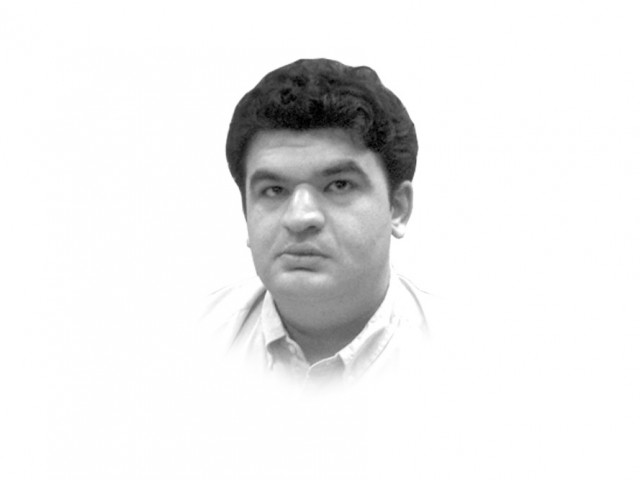Well done, SC!
For the Iftikhar Chaudhry-led Supreme Court, taking on de-facto & de-jure rulers of country is simply called Monday.

Well done, SC!
Those who have a vested interest in a less active Supreme Court need to continually reboot their arguments to explain why the judiciary needs to be checked. Argument 1.0: the Court is simply doing the military’s dirty work for it and hounding the PPP government. Now that the Court is going after the intelligence agencies with a considerable amount of zeal and has even dusted the mothballs of Asghar Khan’s petition from the 1990s accusing the ISI of funding political parties, that particular line of criticism lacks the vital quality of having any truth to it.
So it’s time to trot out Argument 2.0, where enough nit-picking can hopefully obscure how the anti-Supreme Court/pro-PPP forces are essentially picking at straws. This mode of attack, still in the beta mode, holds that the Supreme Court humiliated a duly-elected prime minister by hauling him up before the court but would never do the same to the chief of army staff or the director-general of the ISI. First, instead of celebrating the fact that we finally have a court that can force a sitting prime minister to obey its judgments, we are instead told that it must show greater deference to the prime minister’s office. This also ignores the fact that Gilani has been ignoring the Supreme Court for many months and only now has he been forced to explain himself.
What the PPP has to decide is what’s more important: continuing to enjoy the trappings of power unencumbered by trivial matters like the constitution or chipping away at the military’s power. The party has abdicated huge swathes of governance to the military as the price of continuing to keep its government intact. The Supreme Court, meanwhile, is doing the dangerous work of trying to actually make the military accountable to the law too.
Only a willful or ignorant misunderstanding of what democracy means could lead one to conclude that the Supreme Court has overstepped its bounds by taking on the prime minister. The Supreme Court is meant to be the final arbiter of interpreting the Constitution. If parliament doesn’t like a Supreme Court interpretation of the constitution, it doesn’t have the power to ignore it. But it can, as it did by passing the 20th Amendment, follow the process of changing the Constitution.
As welcome as this course correction in the balance of power between competing forces has been, we still have to wait and see if it will survive. Much of the court’s power is derived from the moral authority Iftikhar Chaudhry gained from taking on Musharraf. It is only after he retires in 2013 that we will found out if this shift is permanent.
Published in The Express Tribune, February 21st, 2012.













COMMENTS
Comments are moderated and generally will be posted if they are on-topic and not abusive.
For more information, please see our Comments FAQ